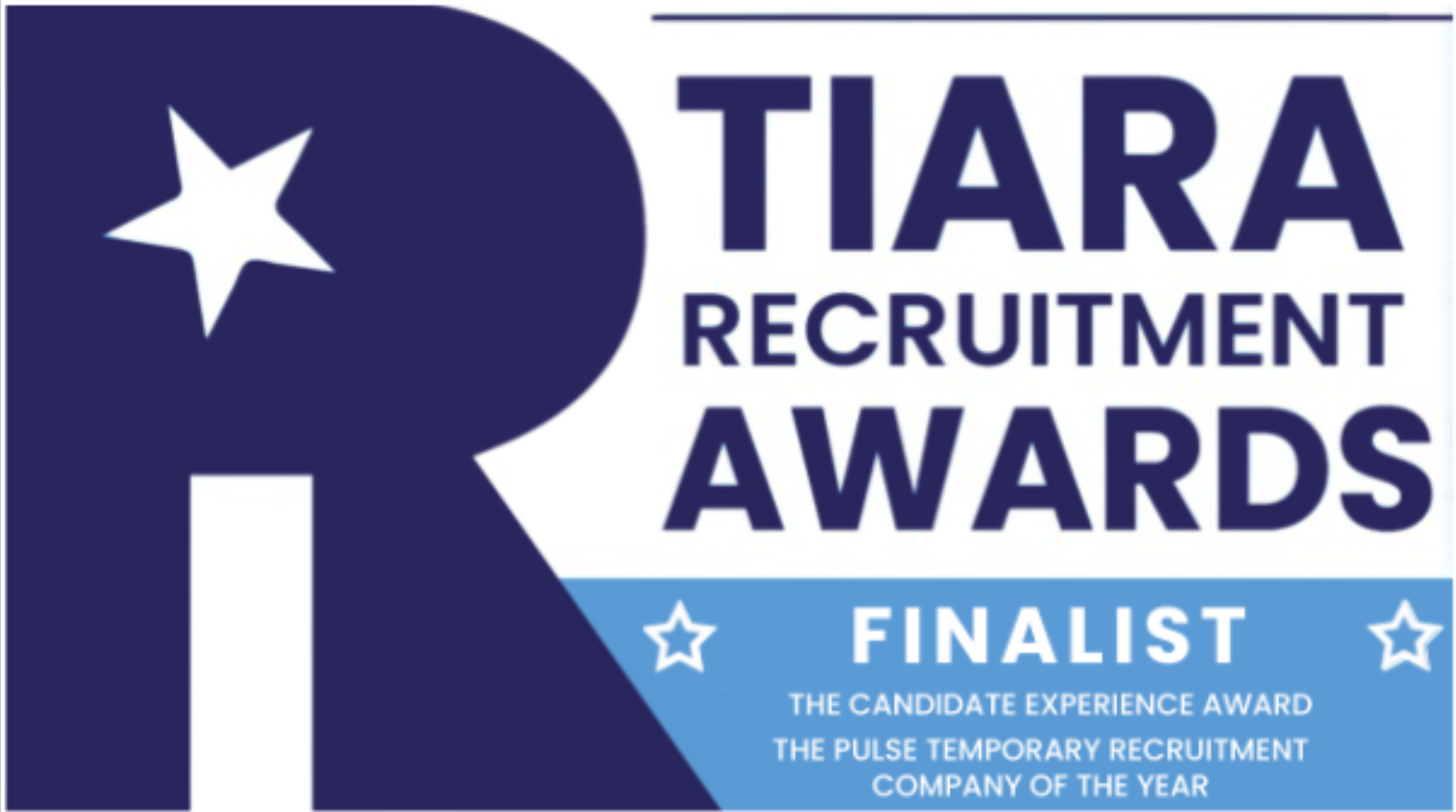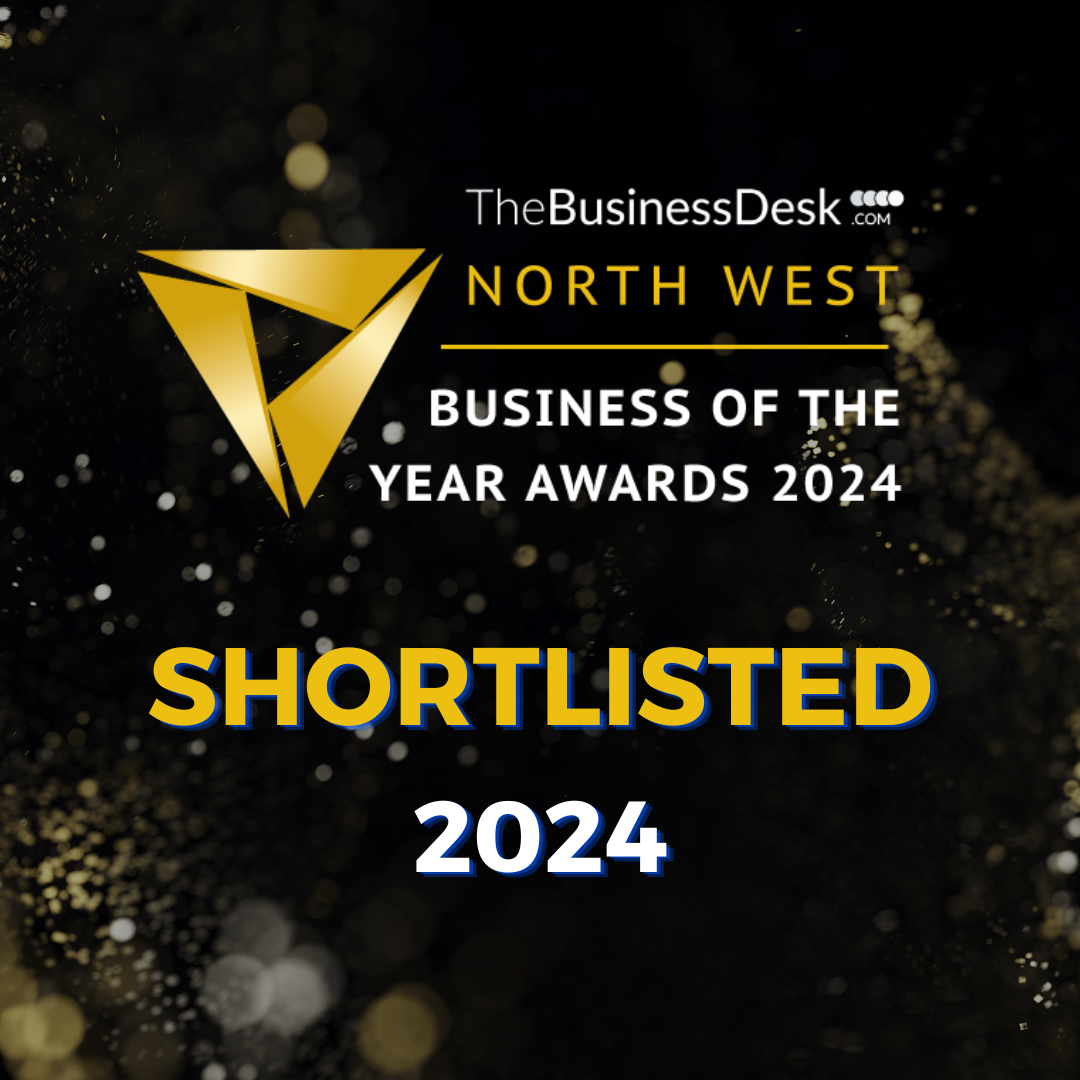How to Stand Out in a Crowded Job Market

To stand out in a crowded market, job‑seekers need a strong personal brand, smart use of social media, tailored applications, and effective networking. This blog answers one of the most common questions job-seekers ask, “How can I stand out in a competitive job market?"
Why the Job Market is Competitive
Even with thousands of job openings, competition is fierce. Employers are now relying heavily on technology. AI-powered systems are used to pre-filter CVs, meaning candidates must understand how to optimise their CV for AI screening systems, so it’s both machine-readable and appealing to human recruiters.
Recent research highlights key trends in today’s hiring landscape:
· 77 % of employers now use skills-based assessments.
· Over 60 % of recruiters use AI tools to pre-filter applications.
· Soft skills are increasingly valued; employers often prioritise adaptability, communication, and problem-solving.
Understanding these trends is key to Job Search Strategy & Differentiation. Candidates who can showcase relevant skills, measurable results, and adaptability are far more likely to stand out in a crowded market and grab attention in today’s job landscape.
Build a Personal Brand
Your personal brand is your professional identity online. It is often the first thing recruiters notice, even before they open your CV. LinkedIn is the primary platform for showcasing experience, skills, and achievements. A clear headline, professional profile picture, and engaging summary can make a huge difference. Knowing how to use LinkedIn to build a strong personal brand for job hunting, can make all the difference.
Beyond LinkedIn, other social media accounts can play a role. Employers sometimes search for candidates on Instagram, or even TikTok (depending on the industry). Sharing insights, industry-relevant content, or project work, can demonstrate knowledge and engagement. A strong personal brand tells employers you are proactive, credible, and passionate about your field.
Tailor Your Application
Generic applications rarely make it past the initial screening. The best ways to make your CV stand out to recruiters and AI systems, involve tailoring every submission. Rather than listing every responsibility, focus on the skills and results that are most relevant to the job you’re applying for.
When customising your application:
· Highlight achievements that demonstrate measurable impact
· Use clear, active language instead of generic phrases like “responsible for” or “involved in.”
· Reflect the employer’s needs by aligning your experience with key points in the job description.
In addition to being easy for humans to read, keyword optimisation is essential for AI screening. Incorporate relevant phrases from the job description but avoid overloading your CV with industry-specific terms or unnecessary details. A strong application strikes the right balance between clarity, relevance, and measurable achievements. To succeed, you need to understand how to beat applicant tracking systems (ATS) and get your resume seen.
Network Strategically
Networking remains one of the most effective ways to access hidden job opportunities. Networking tips that work include, reaching out to professionals for advice, joining online communities, and attending virtual or local industry events.
Researching companies in advance also strengthens your networking approach. Understanding a company’s culture, recent projects, and strategic goals allows you to engage meaningfully and tailor your conversations to show genuine interest.
Networking isn’t just about asking for jobs, it’s about building relationships and demonstrating value over time.
Keep Learning and Show Results
Employers look for candidates who continuously develop their skills. This could include formal qualifications or online courses. Continuous learning shows adaptability, initiative, and a commitment to personal growth, qualities that employers value highly.
To stay competitive:
· Invest in upskilling through platforms like LinkedIn Learning or professional industry bodies.
· Highlight recent training or certifications that directly relate to the role.
· Show how your learning has delivered results, for example, leadership growth.
Follow Up Thoughtfully
Many candidates skip the final step: following up. Learning how to follow up after an interview without being pushy, shows professionalism and persistence. Sending a brief, personalised thank-you message can leave a lasting impression.
If you’re unsure what to say, there are email templates for following up with recruiters, that balance politeness with genuine interest in the role. A thoughtful follow-up demonstrates enthusiasm, a simple way to stay memorable and relevant.
What to Keep in Mind
· Your personal brand and online presence are as important as your CV.
· Tailored applications help both AI and human recruiters notice you.
· Networking and research increase access to hidden opportunities.
· Focus on measurable results and continuous learning to stand out in a crowded market.
Work with our specialist team to stand out and secure roles that match your skills. Explore current opportunities on our website.
Explore Live Job Roles Here
Fire & Security Compliance Guide for 2026
GET IN TOUCH











